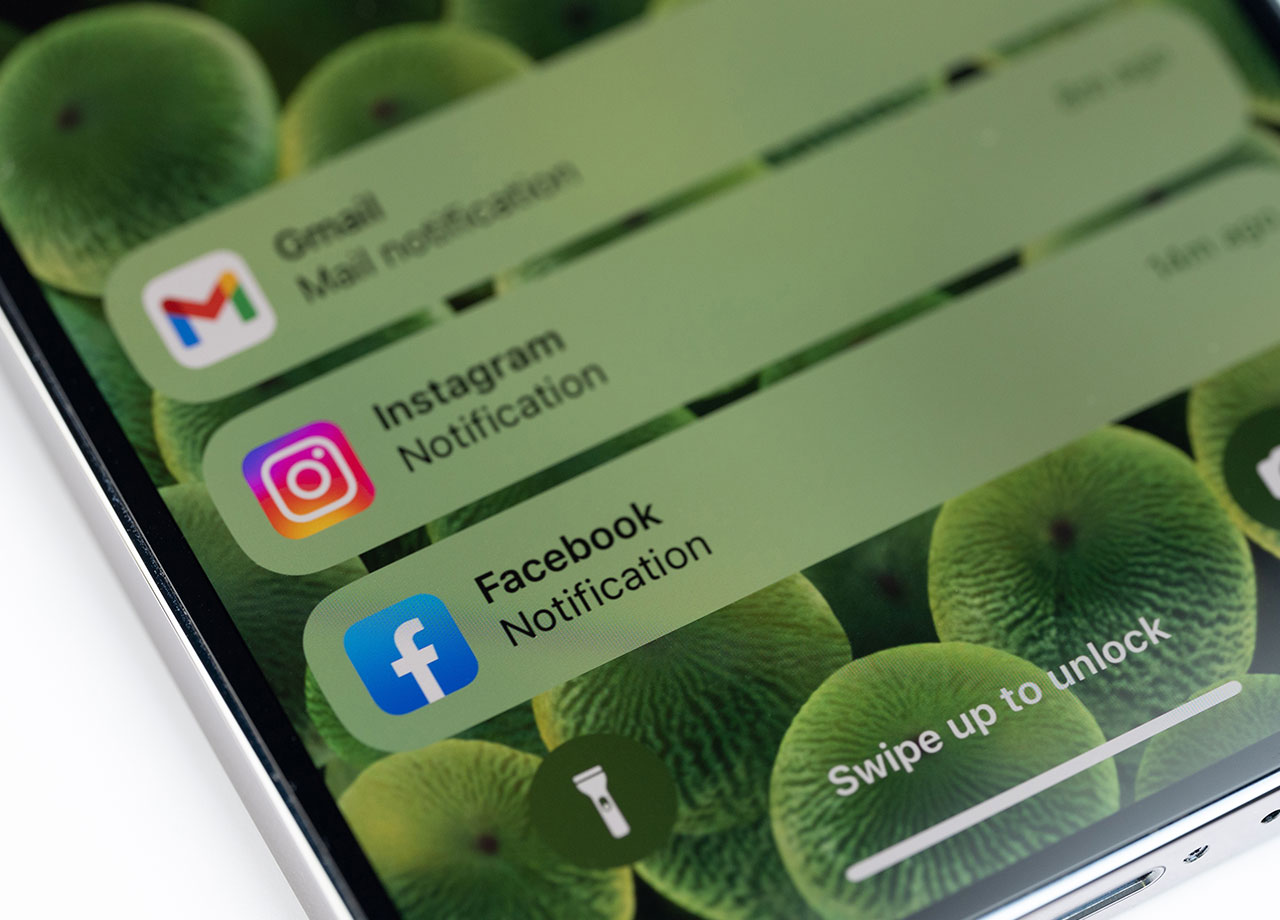Whether you spend countless hours working from a coffee shop or you’ve got big travel plans coming up, you may be wondering how safe it is to use your phone in a public Wi-Fi setting. There are times when it’s unavoidable: you’re out and about and need to access certain websites or are simply bored and wouldn’t mind passing the time sending out a few emails or getting some online shopping done (you might want to think twice about that one). Cybersecurity Expert Christopher Bluvshtein at VPN Overview is here to lay out a few important facts about the most unsafe place to connect to public Wi-Fi — and what you should know to keep your data secure.
What are the least safe places to connect to public Wi-Fi?
Here’s the bad news: public Wi-Fi, in general, is not particularly safe, even if a network is protected by a password, according to Bluvshtein. “Many of these networks publicly display the password or offer it on request,” he said. Even so, he warns, hackers can – and do – hijack these networks without even needing the password.
“Bear in mind that the bigger the crowd, the bigger the risk,” Bluvshtein said. “So, naturally, busy airports, hotels, and shopping centers could leave you more exposed. There are more people, which inevitably makes it a more appealing target for any hacker looking to siphon off data.” But that doesn’t let you off the hook when you’re in a less crowded public space, either. “Even if you’re sitting alone in a small café, a hacker could be eavesdropping on the network without even being in the room,” Bluvshtein said. “You should treat all public Wi-Fi with caution and default to using 3G or 4G connections wherever possible. Many mobile phone plans now offer unlimited data, and a 4G connection over hotspot will support most everyday browsing activities.”
How can you stay safe while using public Wi-Fi?
If you’re going to use public Wi-Fi no matter what the risks, following a few tips to keep your data protected is important. “Firstly, be sure you’re connecting to the legitimate network,” Bluvshtein said. “Verify the name with an employee or official signage. Hackers often create fake Wi-Fi networks that closely mirror the real thing, and if you connect to a malicious network, you’re handing any data you transmit directly to the criminal.”
The single best action you can take if you’re going to use public Wi-Fi is to use a virtual private network (VPN) like NordVPN, he advises. This software encrypts any data your device transmits through the network, meaning anybody who’s snooping on the network won’t be able to intercept and acquire that data, Bluvshtein explains.
Bluvshtein adds: “You should also take a moment to review your device configuration, and:
**Enable your firewall
**Disable file sharing, usually via your device’s system preferences
**Install an antivirus software like Norton
And in terms of personal habits:
**Use separate, secure passwords for each account
**Enable multi-factor authentication wherever it’s available
**Don’t conduct high-risk activities on public Wi-Fi, like checking your bank account or
making card payments
It’s always most safe to avoid public Wi-Fi, but taking these security steps when you do use it can help beef up your security measures no matter where you travel.

























